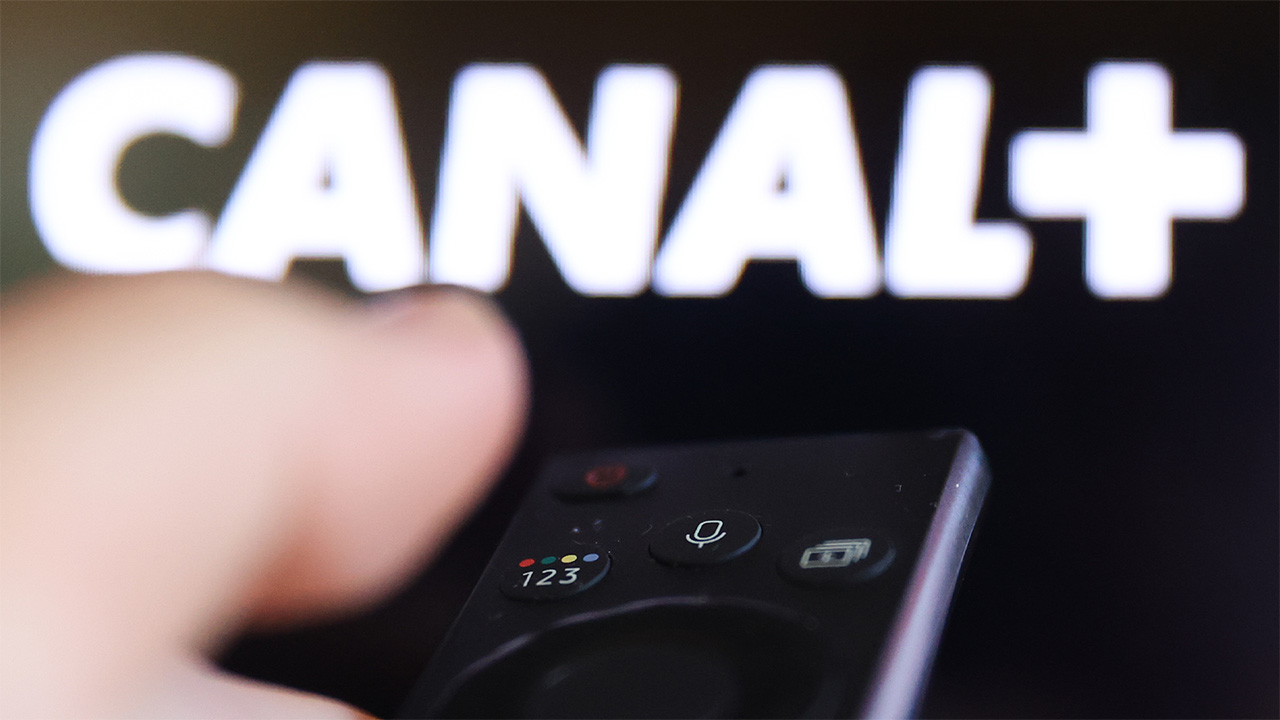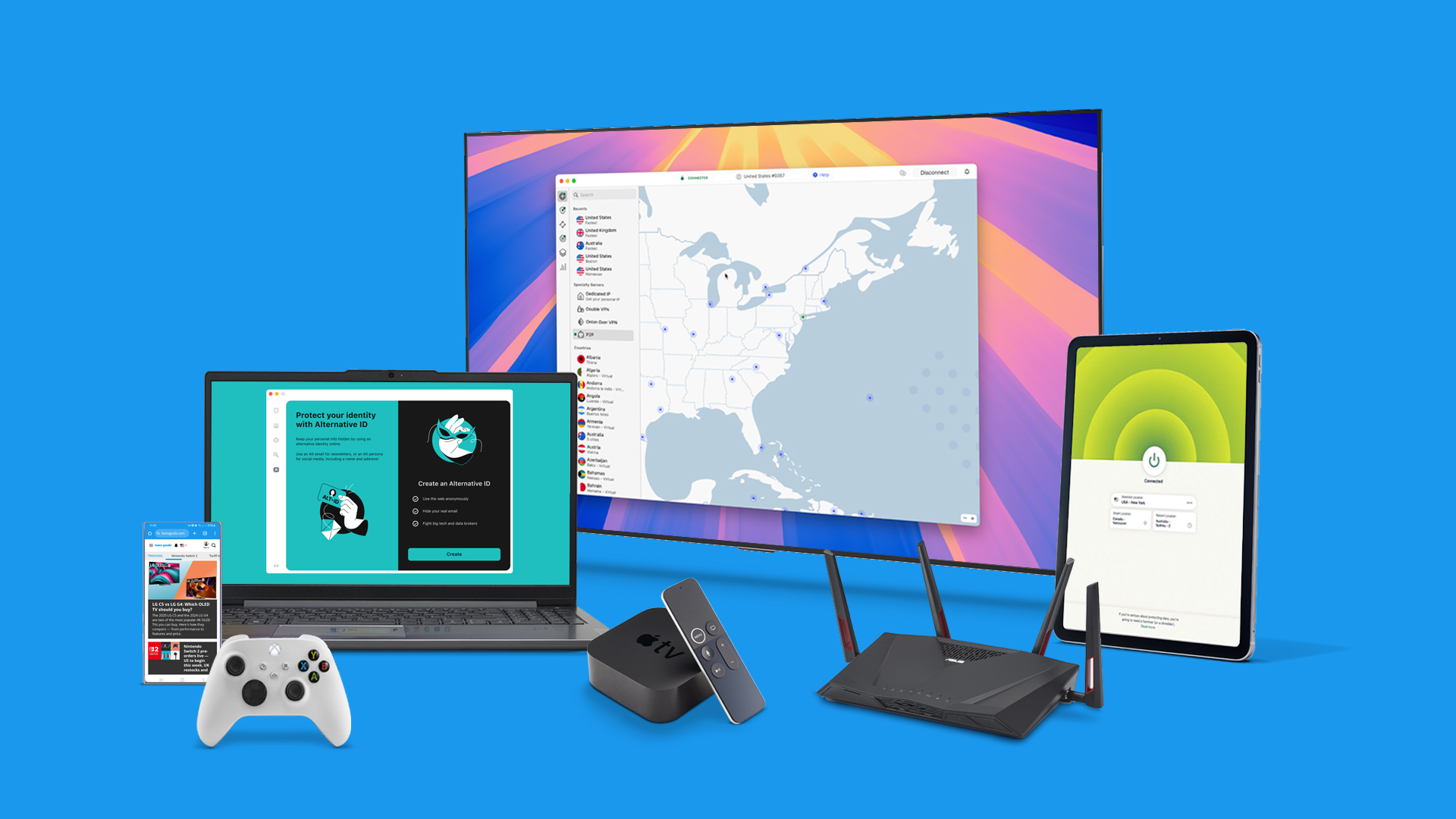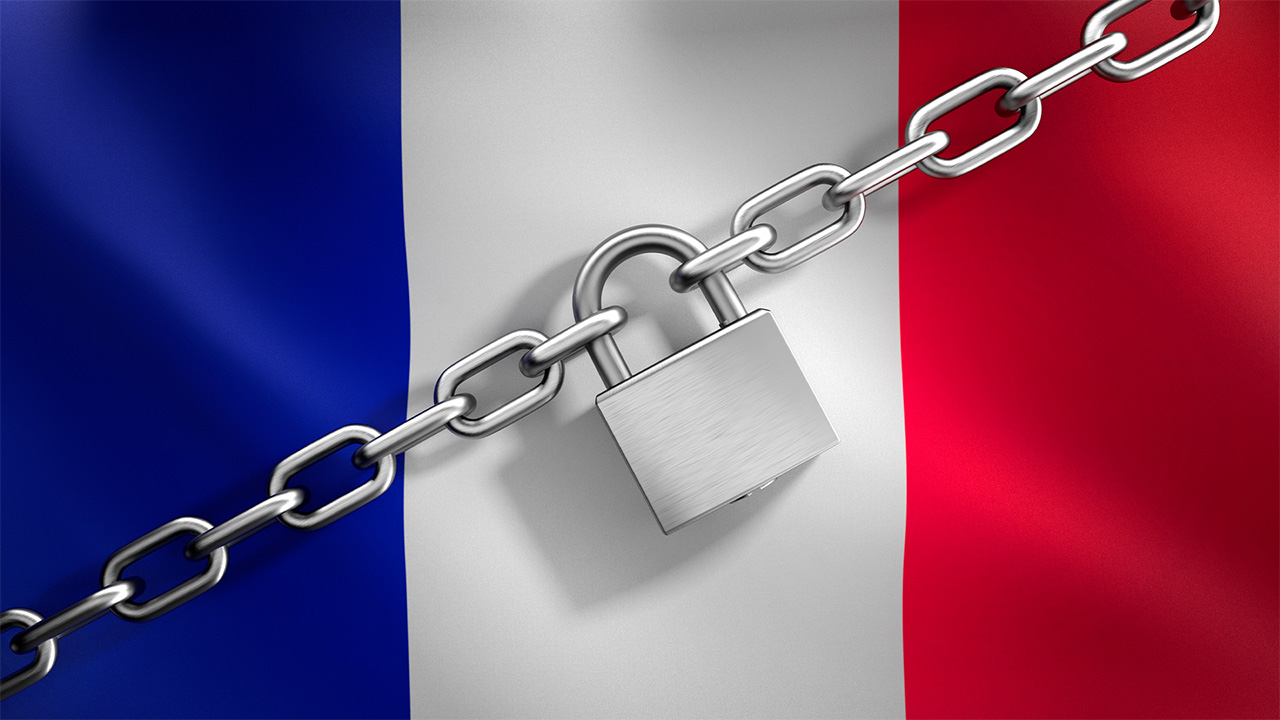Top VPNs dealt major blow in France as Canal+ wins anti-piracy case
Illegal streaming sites will now have to be blocked

Here at Tom’s Guide our expert editors are committed to bringing you the best news, reviews and guides to help you stay informed and ahead of the curve!
You are now subscribed
Your newsletter sign-up was successful
Want to add more newsletters?
Join the club
Get full access to premium articles, exclusive features and a growing list of member rewards.
The future of VPNs in France has been thrown into question as five leading VPN providers have lost an anti-piracy legal case.
On May 15, the Paris Judicial Court ruled in favor of broadcaster Canal+ and the Ligue de Football Professionnel (LFP), France's football governing body, in its fight against online piracy.
VPN providers now have to block over 200 "illegal sports streaming sites," in what has been described as a "legal first."
The case featured some of the best VPNs – NordVPN, Surfshark, ExpressVPN, Proton VPN, and CyberGhost – and will potentially have devastating consequences for the future of VPNs in France and the wider privacy and security of the French people.
Access blocked
The five VPN providers have been ordered to block access to 203 domain names used to illegally stream the UEFA Champions League, Premier League, and TOP 14 matches – Canal+ holds exclusive French broadcasting rights to all three.
Canal+, who first took action against VPNs back in February 2025, welcomed the decision in a statement. It "sends a strong message regarding the responsibility of VPN providers," the broadcaster said.
The case saw VPNs labelled as "technical intermediaries" for the first time, with Canal+ describing their actions as a "legal precedent."

VPNs should not become a political football
The ruling has been condemned by advocacy group the Internet Infrastructure (i2) Coalition, and its working group, the VPN Trust Initiative (VTI).
The VTI is made up of VPN providers and promotes consumer safety and internet privacy, as well as increasing the understanding of VPNs.
In a statement, the i2 Coalition said this outcome risks "the integrity of the internet."
"The French ruling not only misplaces responsibility: it fundamentally threatens the privacy and security of millions of users in France and beyond," the coalition said.
"This blocking approach – which has failed in the past – relies on blunt technical instruments instead of precise enforcement tools to address the actual sources of piracy. Therefore it will not reduce infringement, and will only cause widespread collateral damage."
It added that "ethically-operated VPNs do not host, store, or promote illegitimate access to copyrighted material" – they "prohibit" it.
The i2 Coalition expressed concerns about the consequences for French internet users. It said that "targeting these legitimate VPN providers may drive their focus away from the French market – creating space for unethical and malicious actors to fill the void."

Limiting VPNs is misguided and ineffective
The VTI released its own statement commenting on the ruling.
"Infrastructure-level blocking has consistently failed to meaningfully curb piracy while causing overreach and other unintended but foreseeable consequences," the group's statement began.
It continued by saying "this selective approach is certain to fail, as it targets symptoms rather than addressing the root causes of piracy."
The VTI said it follows "global efforts to rein in online behavior" and noted the following trends:
- Overblocking is widespread
- Content-related internet fragmentation is accelerating
- Collateral damage is severe
- Policy interventions often fail to meet their goals
The group argued that "infrastructure-level blocking on content-neutral services is an imprecise enforcement strategy that creates outsized harm relative to its intended purpose" – adding that it does not eliminate offending content.
The VTI urged "precision, restrain, and accountability" when it comes to technical enforcement of the internet and recognized the need to safeguard rightsholders.
But this "should not come at the cost of sacrificing fundamental principles such as open, secure, and private internet access."

Before the ruling, VPN providers had not individually commented on the proceedings, but this is no longer the case.
NordVPN acknowledged the decision, saying: "We believe that in general, this decision will have a negative impact on France’s digital security."
"Our team is currently assessing all possible approaches that align with both legal compliance and our core commitment to our users' freedom and privacy."
"We anticipate providing more detailed information after we have fully reviewed the tribunal's decision and determined our appropriate response."
Surfshark also commented on proceedings, saying: "We're currently reviewing the ruling and assessing all available options, including a potential appeal."
"We respect the French legal process, however, we see this decision as setting a dangerous precedent for global Internet freedom."
"Mandating that intermediaries implement content restrictions brings up critical issues related to freedom of expression, proportionality, and the protection of user rights."
A historical battle
Canal+ and the LFP launched this specific case earlier in 2025, but France has a history of internet service provider (ISP) blocks and attacks on DNS resolvers. Last year, a DNS-blocking order was granted in favor of Canal+.
Rulings such as this could result in VPN providers leaving France, or other countries – a move that would significantly impact those living there.
The i2 Coalition's Executive Director, Christian Dawson, alluded to this when speaking about the case to TorrentFreak in February.
In 2022, legislation in India ordered VPN companies to collect logs about their users, something that fundamentally goes against the core principles of VPNs. Many VPN providers, including NordVPN, ExpressVPN, Private Internet Access, and IPVanish – another VTI member – withdrew from the country as a result.
How VPN providers respond to this French ruling remains to be seen, but protecting user privacy is a must – even if that means leaving the French market.
We test and review VPN services in the context of legal recreational uses. For example: 1. Accessing a service from another country (subject to the terms and conditions of that service). 2. Protecting your online security and strengthening your online privacy when abroad. We do not support or condone the illegal or malicious use of VPN services. Consuming pirated content that is paid-for is neither endorsed nor approved by Future Publishing.

George is a Staff Writer at Tom's Guide, covering VPN, privacy, and cybersecurity news. He is especially interested in digital rights and censorship, and its interplay with politics. Outside of work, George is passionate about music, Star Wars, and Karate.
You must confirm your public display name before commenting
Please logout and then login again, you will then be prompted to enter your display name.
 Club Benefits
Club Benefits










